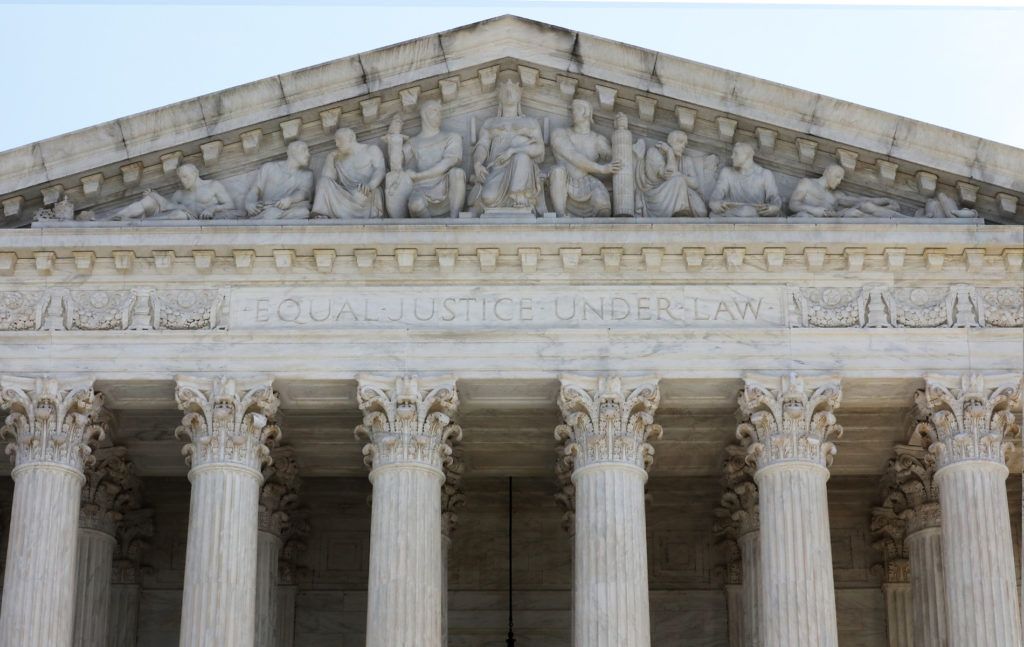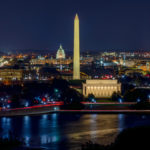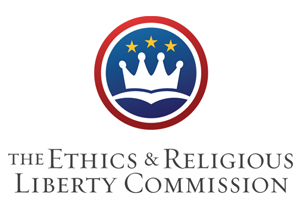
NASHVILLE (BP) – The Supreme Court will rule on a case involving an Idaho law that bans nearly all abortions in the state.
The high court agreed to hear a challenge to the law, known as the Defense of Life Act, which makes it a felony for doctors to perform most abortions, with an exception for procedures performed when necessary to save the life of the mother.
Last Friday (Jan. 5), the Supreme Court ruled Idaho can enforce the law while the case involving the legislation is being resolved. The court is expected to hear the case in April, and a decision is expected by early summer.
The Friday ruling put on hold a lower court ruling which blocked the Idaho law, based upon a lawsuit filed by the Biden administration.
The U.S. Department of Justice has argued that Idaho’s ban on abortion is preempted by a federal law passed in 1986 called the Emergency Medical Treatment and Labor Act (EMTALA), which requires hospitals that receive Medicare funds to provide emergency medical care. The DOJ’s challenge to Idaho’s abortion ban argues that abortion is implied as a necessary component of emergency medical care.
Brent Leatherwood, president of the SBC’s Ethics & Religious Liberty Commission (ERLC), said the lawsuit filed by the Biden administration against the state of Idaho is a wrongful “twist” of federal law seeking to “thwart” the state’s legislation.
“Despite what some activists and parts of culture want you to believe, abortion is not health care,” Leatherwood said.
“In fact, it turns the entire notion of health care on its head. Equally alarming are those who, in the furtherance of abortion, seek to twist federal law to mandate that doctors violate their conscience in the medical care they provide. All of this is preposterous, and the Supreme Court should see through this backdoor attempt by the Biden Administration to thwart Idaho’s ‘Defense of Life’ state law.
“Emergency room doctors are more than capable of quickly managing life-threatening situations for mothers like ectopic pregnancies with the utmost care. But they should never be forced to perform elective abortions that terminate the life of a preborn child. The Supreme Court’s decision to review this case is potentially a positive step to both uphold a state’s action to protect life and rebuke the federal government for doing Planned Parenthood’s bidding.”
In a statement released last Friday in response to the high court’s announcement, President Joe Biden said his administration will continue to “defend a woman’s ability” to seek an abortion under federal law.
“Today’s Supreme Court order allows Idaho’s extreme abortion ban to go back into effect and denies women critical emergency abortion care required by federal law,” Biden said in a statement released Jan. 5.
“The overturning of Roe v. Wade has enabled Republican elected officials to pursue dangerous abortion bans like this one that continue to jeopardize women’s health, force them to travel out of state for care, and make it harder for doctors to provide care, including in an emergency. These bans are also forcing doctors to leave Idaho and other states because of laws that interfere with their ability to care for their patients. This should never happen in America.
“The Vice President and I believe that health care decisions should be made by women and their doctors, not politicians. We will continue to defend a woman’s ability to access emergency care under federal law.”
Idaho’s Defense of Life Act was originally enacted in 2020 and took effect after the Supreme Court’s historic overturn of Roe v. Wade in June 2022.
Under the law, emergency room doctors who illegally perform an abortion are potentially subjected to:
- jail time ranging from two to five years
- fines
- temporary suspension or permanent revocation of a medical license
They are also subject to Idaho’s civil law, which allows immediate and extended family members to sue for up to $20,000 over an abortion procedure.
In August 2022, a U.S. District judge agreed with the U.S. Department of Justice that Idaho’s law violated EMTALA and issued a temporary injunction, partly blocking the law from taking effect.
The Idaho Legislature appealed to the Ninth Circuit Court of Appeals, and a trio of judges from the that court reversed the previous injunction with an order issued in September 2023, allowing the state’s ban on abortion to stay in effect.
Yet that decision only remained effective for approximately two weeks. The injunction was subsequently reinstated when the full panel of appellate judges opted to reexamine the case en banc, meaning a new, randomly selected group of judges would reconsider the case and deliver a fresh verdict. This rehearing was planned for Jan. 23, but it has since been rendered unnecessary as the Supreme Court has decided to review the case.
In a similar case, the Fifth Circuit Court of Appeals recently determined that ER physicians in Texas were not required to perform emergency abortion care under EMTALA, in a decision announced just days before the high court agreed to rule on Idaho’s law barring abortion.
Leatherwood noted the importance of continuing to fight for the pro-life cause amid these ongoing legal battles.
“It is imperative for all of us who care about the lives of preborn children, their mothers and families to make it clear that abortion is wrong, and the ability to end a defenseless life is no freedom at all,” Leatherwood said.























